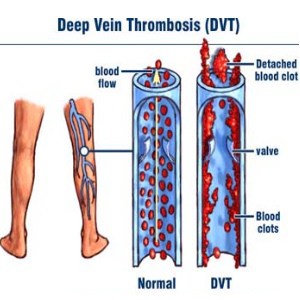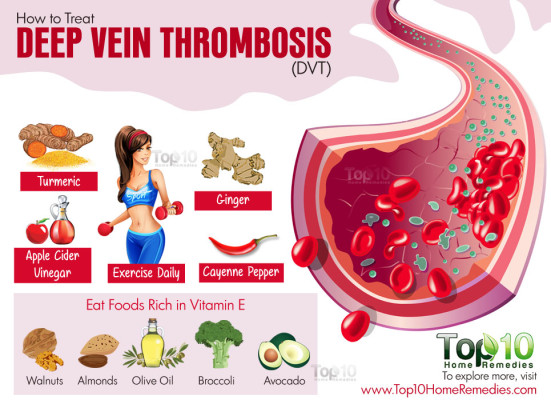
Thrombosis, also known as blood clots, is the formation of potentially deadly blood clots in the artery (arterial thrombosis) or vein (venous thrombosis). Once formed, a clot can slow or block normal blood flow, and even break loose and travel to an organ. A clot that travels to the circulation is called an embolism. Thrombosis is the often preventable underlying pathology of heart attack, thromboembolic stroke, and venous thromboembolism (VTE), the top three cardiovascular killers.
Some people are more at risk than others.
Those people who are at STRONG RISK:
- Being in the hospital for an extended period of time
- Having surgery (especially hip, knee and cancer-related surgery)
- Not moving for long periods of time (e.g., due to extended bedrest or long-duration travel)
Those people who at MODERATE RISK:
- Age (60+)
- Personal or family history of blood clots
- Cancer/chemotherapy
- Using oestrogen-based medication (e.g., oral contraceptives or hormone replacement therapy)
There are some OTHER FACTORS to consider:
- Obesity
- Pregnancy or recent birth
- Smoking
- Alcohol consumption
In the U.K., VTE costs the National Health Service €640 million per year.

These are the main DEEP VEIN THROMBOSIS (DVT) symptoms to look out for:
- Pain or tenderness, often starting in the calf
- Swelling, including the ankle or foot
- Redness or noticeable discoloration
- Warmth
And the main symptoms for PULMONARY EMBOLISM (PE):
- Unexplained shortness of breath
- Rapid breathing
- Chest pain (may be worse upon deep breath)
- Rapid heart rate
- Light headedness or passing out
There are methods to alleviate some risk of DVT, through diet and exercise. Moving regularly and eating foods rich in Vitamin E can help keep your circulation moving and your blood flow healthy. This does not constitute a treatment plan.

If you are concerned you may be showing signs of DVT or PE don´t delay in making an appointment to see the Doctor who can arrange tests.
Call 966 680 258
